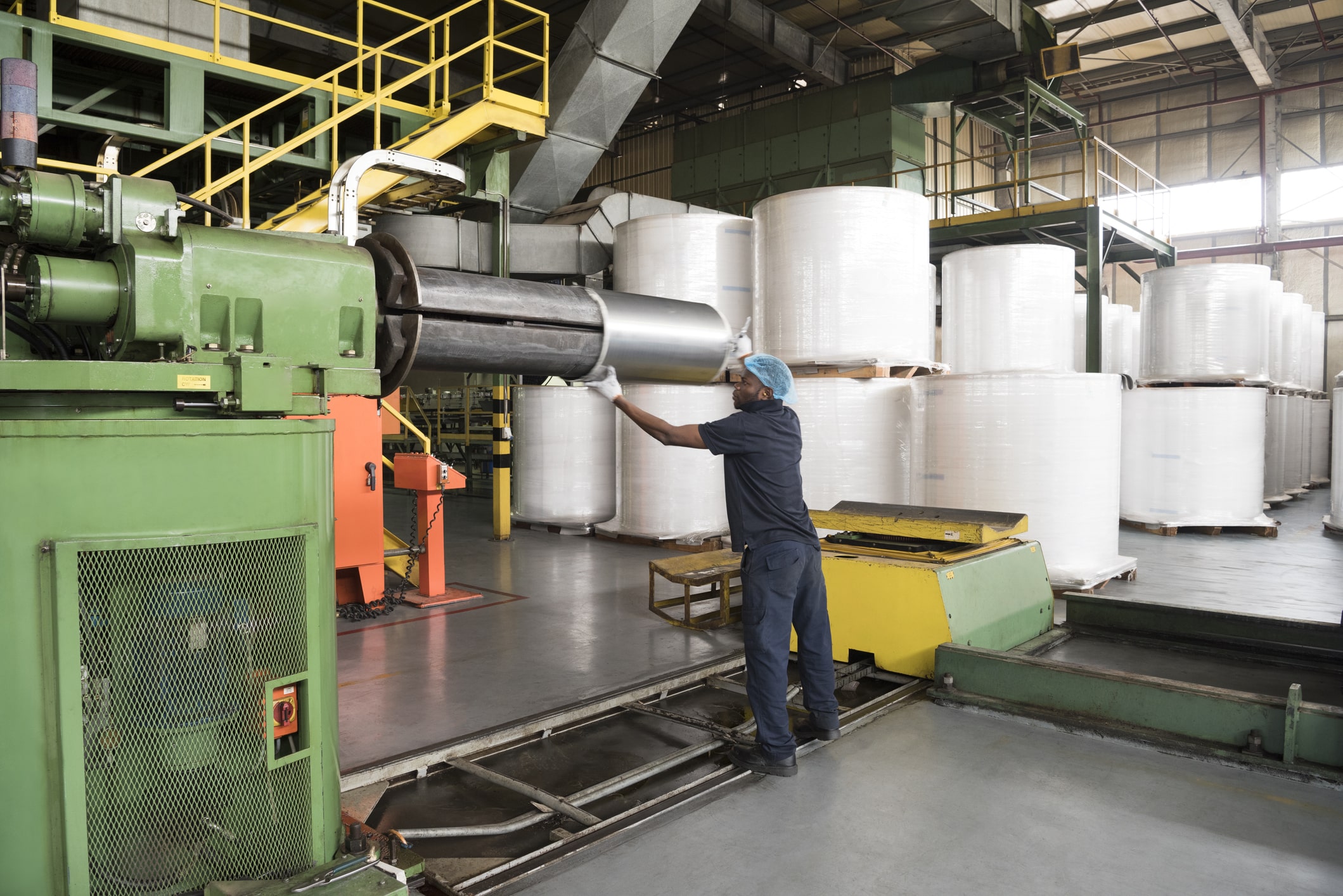The Manufacturers Association of Nigeria (MAN) has voiced concerns about the current state of the sector in the country.
“Manufacturing growth rate nosedived to 0.48% in Q3 2023 as against 2.4% in 2021. Judging from the observed trend, it is obvious that the outlook for the manufacturing sector in 2024 may not be a positive one, at least in the first half of the year. The period will be challenging, with a subtle possibility of recovery from the third quarter,” Segun Ajayi-Kadir, MAN’s director general revealed in a statement.
Ajayi-Kadir asserted the need for a comprehensive approach. “The envisaged recovery is highly dependent on the deployment of policy stimulus supported with a synthesis of domestic growth driven, export-focused, and offensive trade strategies.”
He outlined key recommendations for the government to revitalize the sector. “Expend cost-saving from fuel subsidy to deploy a bouquet of production-focused policies, backed with more structural measures.”
Among the recommendations were overhauling the power sector, incentivizing investment in renewables, and prioritizing patronage of made-in-Nigeria products in government purchases and contracts.
Loading...
To address challenges related to raw materials, Ajayi-Kadir proposed comprehensive incentives for local sourcing. He stressed the importance of utilizing the 2024 budget for infrastructural development in industrial hubs to reduce operational costs and enhance competitiveness.
In addressing the foreign exchange situation, Ajayi-Kadir recommended measures such as managing the floating exchange rate system, prioritizing forex and credit allocation to manufacturers, and encouraging foreign direct investment in non-oil sectors.
“The [Central Bank of Nigeria] CBN should intensify its collaboration with the fiscal authority for proper policy alignment,” Ajayi-Kadir said, emphasizing the need for a sustainable framework for credit interventions in the manufacturing sector. He added a call for long-term, single-digit interest loans to fast-track the sector’s growth, aiming for the ambitious goal of a $1 trillion economy.
In a keynote address at the 58th Annual Bankers’ Dinner in November, Olayemi Cardoso, CBN’s governor, revealed the path for this year, emphasizing a commitment to price and exchange rate stability.
Reassuring stakeholders, Cardoso said, “We assure investors and the business community that the economy will experience significant stability in the short-to-medium term as we recalibrate our policy toolkits and implement far-reaching measures.”
Loading...
